DENVER — In a further deterioration of the relationship between the two parties, Denver’s Regional Transportation District has warned the company operating its commuter trains that it may terminate the operating contract.
The Denver Post reports that the transit agency warned Denver Transit Partners that it its failure to open the G Line commuter service between Denver Union Station and Wheat Ridge, Colo., constitutes a “termination event,” and that the operating consortium has 30 days to “remedy the breaches” or 20 days to propose a plan to “cure the breaches.”
RTD’s “Notice of Concessionaire Termination Event” claims all three commuter rail lines — the A Line to the Denver Airport, the B Line to Westminster, Colo., and the still-to-open G Line, should have been in operation by June 2 of this year under the contract signed in 2010. The G Line was scheduled to open in 2016.
The A and B lines both opened that year, but A Line crossing gates continue to be plagued with technical difficulties that have required the hiring of crossing gate attendants.
Denver Transit Partners sued the RTD in September, seeking reimbursement for the money it has spent on those attendants, as well as for penalties it has incurred. [See “Problems with Denver airport rail line lead to lawsuit,” Trains News Wire, Sept. 21, 2018.]





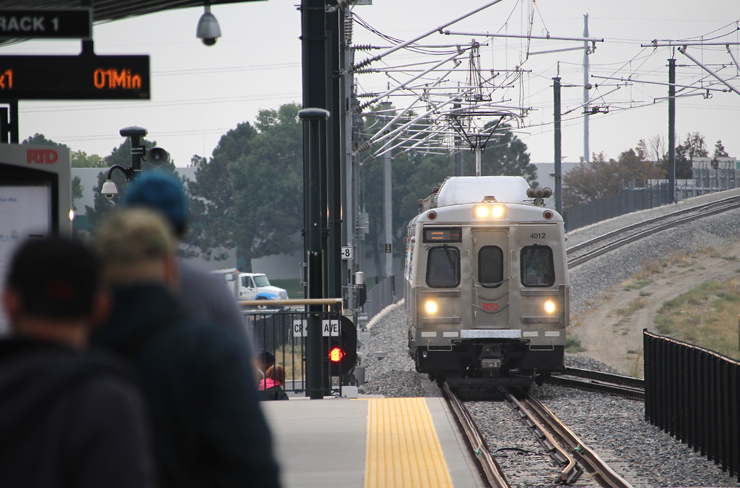


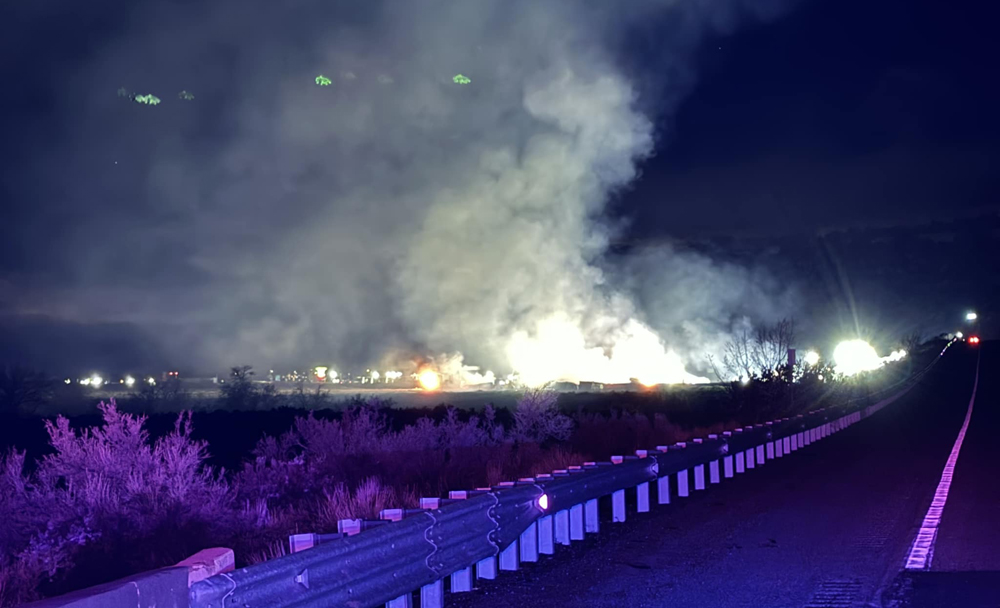
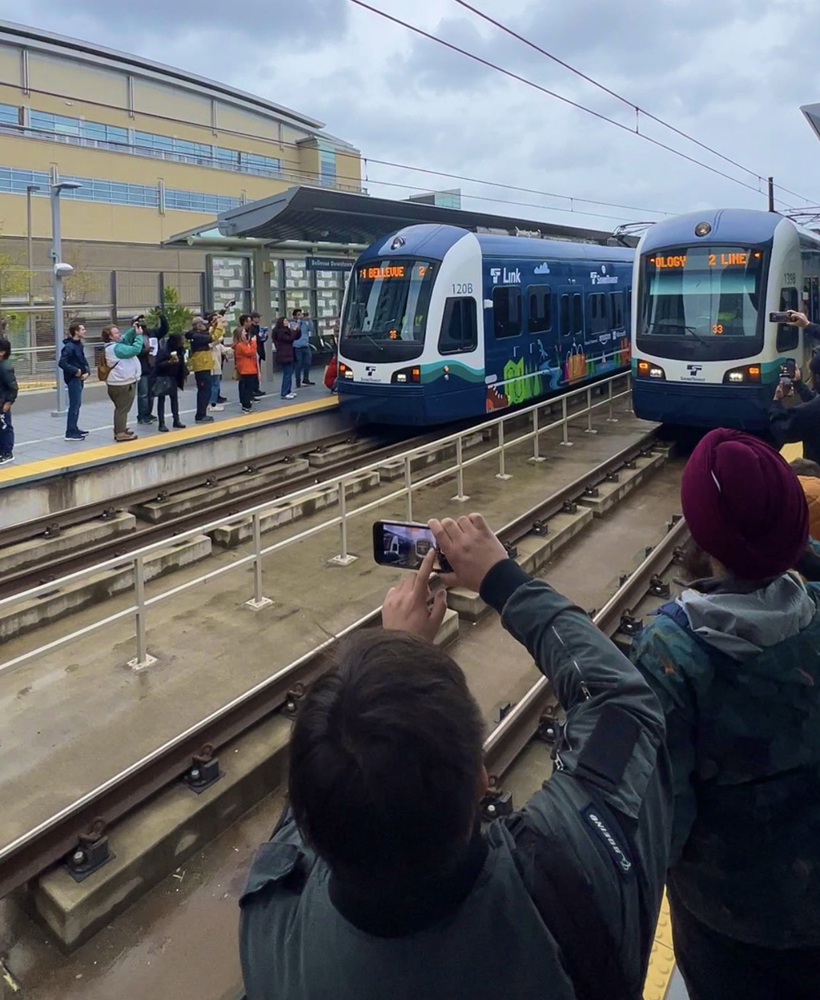
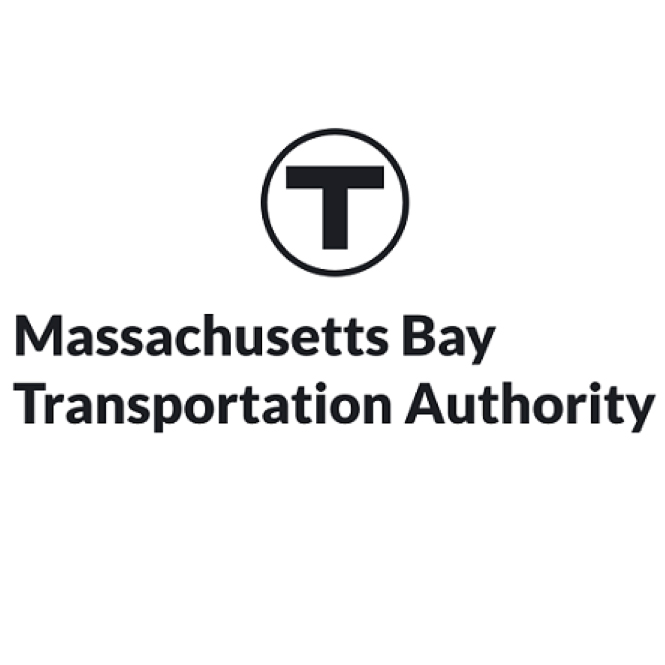
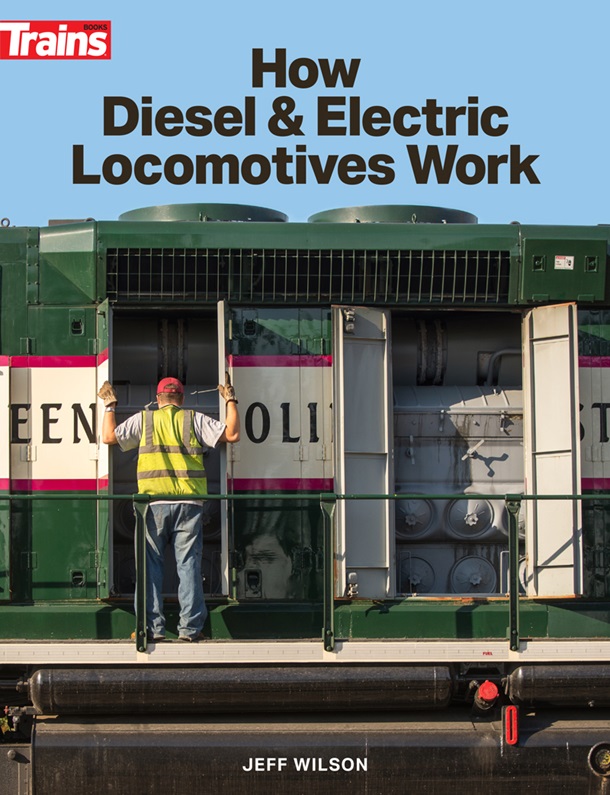
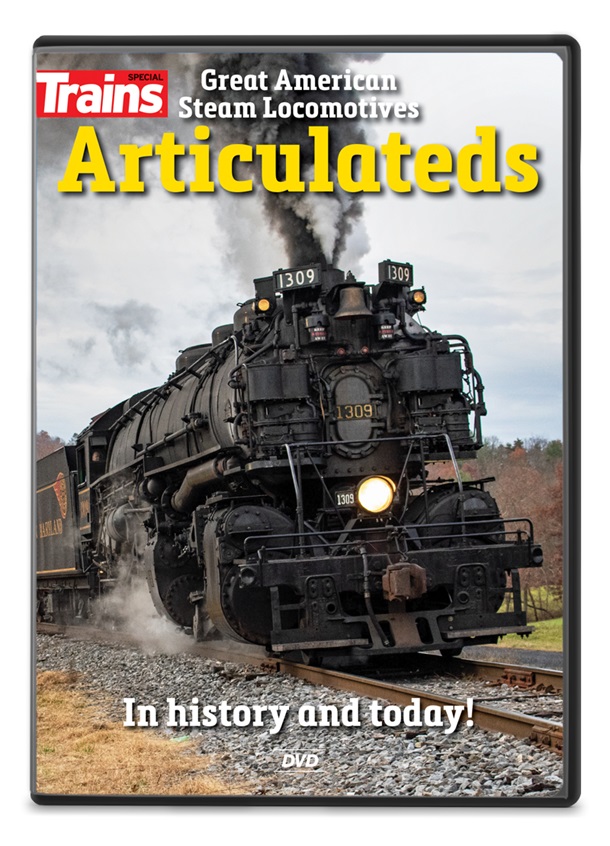
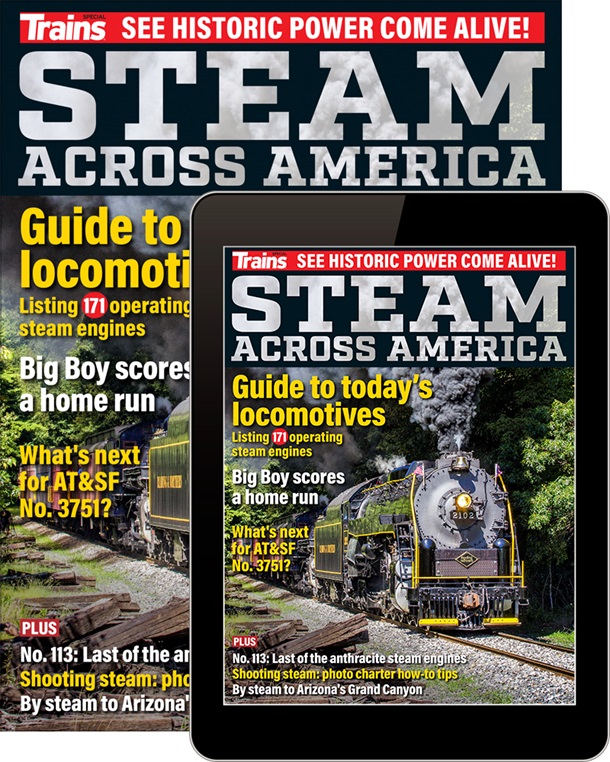
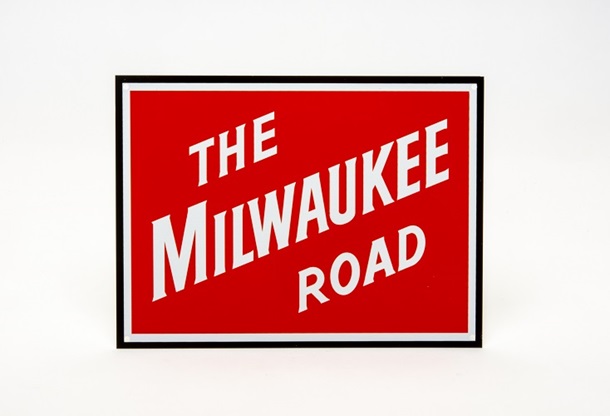
PB: The technology that RTD insisted on was new and untried, complicated by PTC in a commuter rail territory (their first try at commuter rail- after skirting FRA for years) and they expected no problems. While DTP can be faulted to a point, especially not building enough slack into the testing cycle, it was RTD who ignored the experienced railroaders before DTP was involved to use a proven technology.Pie-In-The-Sky rarely comes off according to plan. This debacle plus RTD’s repeated fails regarding institutional memory is painting a stark warning about toy-train/bus people competence.
Yes my understanding (which may not be correct) is that there’s a PTC train stop braking curve that takes effect of the crossing gates fail or are breached for some reason. Why that would be required for a non high speed train I’m not sure unless there was some local hue and cry for it around those fairly road traffic busy grade crossings and this was required to be allowed to build the line.
It’s a shame RTD can’t terminate itself. RTD’s lack of institutional memory and dearth of professional railroaders in leadership positions (or anywhere else….Bus people are not qualified railroaders) is a HUGE problem here.
Mr. Reid, from what I have read RTD is trying to activate crossing gates with a wireless system and is runnig into problems with government mandated PTC. It would be laughable except the delays in opening lines and delays on these other lines are a bad joke. Lets let professional railroaders solve the problem.
Is there still a crossing gate issue, SERIOUSLY?? Automatic crossing gates are decades old, its simple circuitry GEEZ!!!
I’m not sure why public agencies are routinely vilified for trying to enforce the terms of contracts.
Perhaps so Charles Tucker, I’m in no position to assess RTD’s rail system compentence. But Denver Transit Partners did agree to this contract, yes? And I suspect a different contractor (or subcontractor to DTP may be responsible for the crossing protection failures, at least in part).